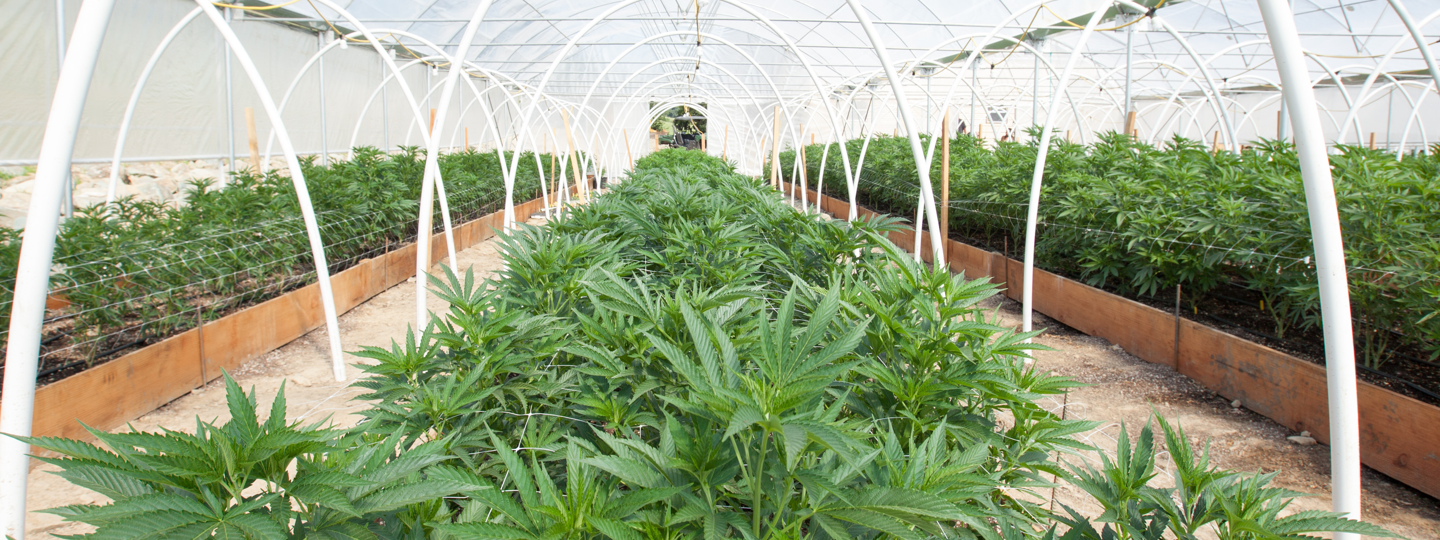
Recreational marijuana is now legal in nine states, 30 allow it medicinally and more are likely to do the same. As a result, there has been an impact on the retail sector of commercial real estate, due to a demand for space. But the brokerage process for these stores is complicated for several reasons.
One firm that has navigated that process is Kidder Mathews. One of its executives leading the charge in its cannabis-leasing efforts is Michael Dorsey, a senior vice president with the company. Based in Irvine, California, the bulk of Dorsey’s work in this retail real estate sector is in the Orange County area.
He recently spoke with VTS about how much more complicated the dispensary business, and leasing process, is than your average, traditional retail deal.
VTS: What are some of the main challenges you face when leasing cannabis dispensary locations?
Michael Dorsey: Retail dispensary locations are a hot commodity right now, but because of city restrictions, there are barriers to entry. For example, the City of Santa Ana has accepted applications for only 31 locations, and other interested businesses are put on a waiting list, pending the city’s decision to allow more.
In Costa Mesa, to get a business license, firms must go through a specialized process, even though manufacturing and distribution is an approved use. One is required to obtain a conditional-use permit (CUP), as if it weren’t really approved yet. The city wants to keep a tight handle on who is awarded approval. The CUP process requires certain criteria being met, such as your personal address, a background check and other information. It also specifically defines and delineates the tenant improvements that you’re going to be putting into a building.
After the local municipal level, and the issuance of a business license, the company needs to get a state license, but that’s pretty much been a rubber-stamp process from what we’ve seen so far. The state relies heavily on the local municipalities doing their required due diligence process.
But each cannabis zone and each city operate a little differently. There really isn’t a quota in Costa Mesa. And at the same time, in Santa Ana, there is, but that city doesn’t have a CUP process. It has an entitlement process in which city officials evaluate the applicant and give them a certain number of points based on their credibility, such as their background, operations history, how they’re going to do it and how they’re financed. Then they award the locations based on that entitlement process.
All of the cities have certain restrictions. For example, you can’t be within 500 feet of a public park, school or a church. There are also other geographical boundaries that a company must satisfy in to get a specific location approved.
VTS: How does financing work for these leases?
Dorsey: Cannabis tenants typically pay a lot of upfront rent and do all their own tenant improvements, and landlords will try to get personal guarantees if possible. Since it’s still a federally prohibited use, no financial institution is going to accept money from a cannabis company. As a result, these businesses do everything in cash. They do have ways of putting money into accounts and calling it “administrative funds” and have given me checks before, but it’s all segregated from the actual core business.
This could change through proposed legislations, and some parties are also trying to start a state bank that is approved for cannabis deposits. But for now, these businesses deal in all cash and don’t tend to have financial statements. Some of them have assets, so we try to get a personal guarantee. But in lieu of having to go through this mire of “Where’s your money and who’s your partner?” the landlord has them sign a five or six-year lease and gets a couple years of prepaid rent and staggers it over the term of the lease.
When the cannabis company signs the lease, the landlord gets first month’s rent, a big security deposit, which could be five to six months of rent as well as another 23 months of rent, or a similar number, depending on the assessment of the user’s credit worthiness, and it goes out through the terms of the lease. That way a landlord knows there is a vested interest in the tenant staying in there, and if not, they forfeit the money.
VTS: So, it’s a lot different than your typical retail lease?
Dorsey: It’s totally unlike a what a traditional retailer goes through when planning a store.
Your conventional retail, like a Chipotle or Panera, has leverage because the landlord wants them, so they’ll get a normal security deposit, and usually the tenant will say: “we’re going into your center, but we’re going to put several thousand dollars into your tenant improvements (TI’s), and we want to contribute $25 per square foot toward one tenant-improvement build out.” But the cannabis tenant not only pays prepaid rent, but also pays for its own TI’s.
There are exceptions to that. I had one deal that I just did, and the tenant is going to put about $500,000 into the building, and the landlord agreed to pay 50 percent of the TI’s up to $300,000, but it’s also a multi-million lease, and all of the TI’s stay with the building. If the tenant moves out, the landlords gets all of the TI’s, so it’s a pretty good investment for him. When the business license is issued, the CUP also stays with the building.
VTS: Even though it’s a landlord’s market, is there still an education process for a building owner?
Dorsey: Yes, it’s a curve for them, but obviously you have their attention because you’re leasing a building for them that would normally lease for $1.40 per square foot. For example, one industrial building that I sold to a cannabis investor previously had a conventional lease, and it was about $1.30 per square foot gross, with the tenant paying its own utilities. That same building, when I sold it to the cannabis investor, the new tenant paid $4 per square foot on a true net lease.
VTS: What about co-tenancy with other types of businesses dispensaries tend to be nearby?
Dorsey: Dispensaries tend to be in secondary retail locations and not in co-tenant shared locations.
They tend to be in stand-alone or industrial areas. You’re not going to put a dispensary next to a Chipotle. It’s just not a good mix. So, they tend to be one-off locations in industrial buildings, but near retail. They’re in accessible areas, but just not in major shopping centers.
I don’t know where it’s all going to go. If it becomes more accepted, the availabilities will increase, and quite possibly, they’ll get better locations. But right now, the businesses don’t really care, since there’s not that many of them, and people search them out. It’s not like going to South Coast Plaza where you can find all retail products in one place. People who want cannabis will search them out. So, location isn’t a huge priority. It’s not like they’re counting on walk-by traffic to come in and give them 30% of their annual revenue.
VTS: Where do you see the retail dispensary business heading in the future?
Dorsey: The industry is expanding. It’s at about $3.7 billion in California right now, and it’s expected to hit $12 billion within the next three years. It’s going to grow cautiously until the Feds step up and make a real definitive statement. If the Feds legalize it and say what they’re going to do as a control mechanism, then everyone is on board with the legalities. If everybody is saying it’s legal, then you’re really going to start seeing some expansion. As for now, it’s not going to explode, but it’s going to continue to expand at a pretty good rate.






